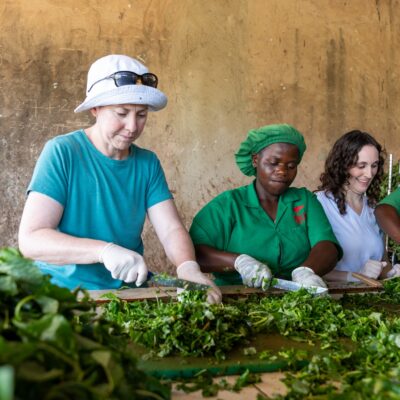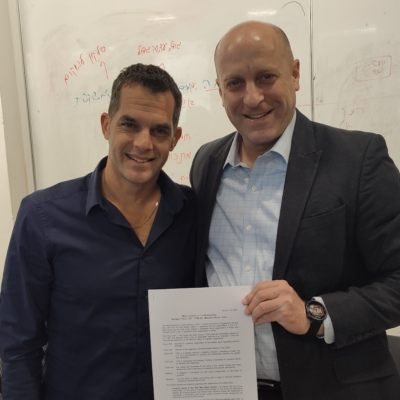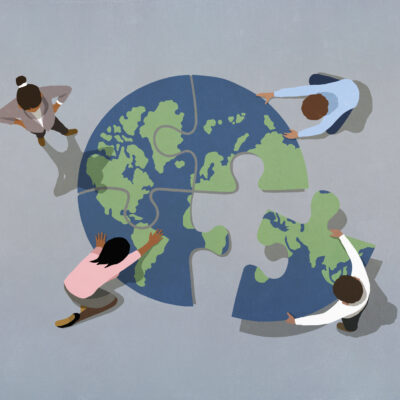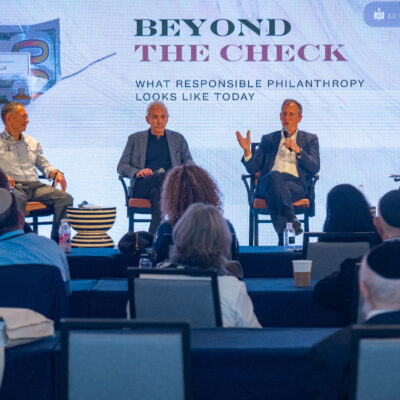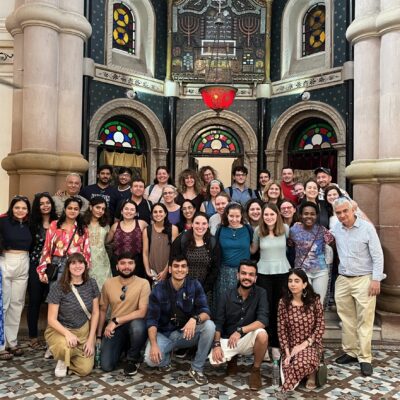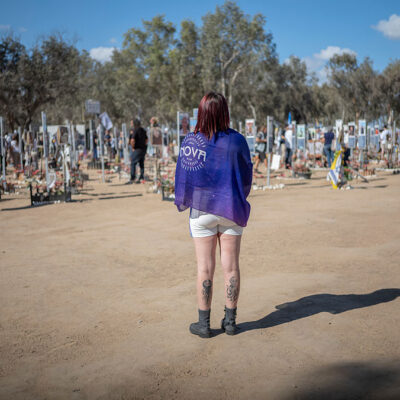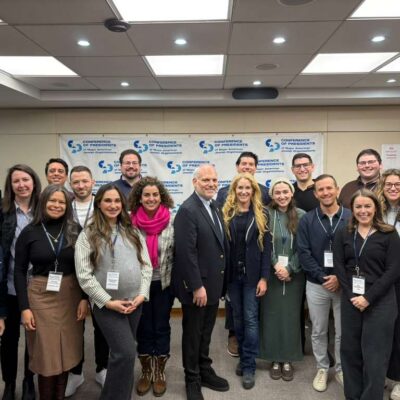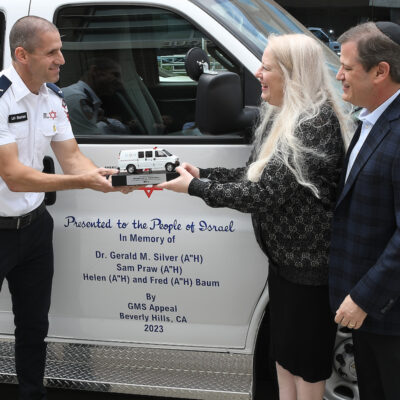The Future of Funding Feminism in Israel

By Hamutal Gouri
The Dafna Fund, Israel’s first and only feminist fund, is sunsetting after 15 years of strategically investing in gender mainstreaming and fostering women as agents of social change. Our theory of change over the years has been that organic partnerships between social change groups and community activists on the one hand, and mainstream and state institutions, on the other, are critical for achieving systemic change, addressing prevailing structural barriers and norms and ultimately making feminist ideas and practices part of mainstream public discourse, norms and policies.
A new research report launched on March 8th, International Women’s Day, “Past Achievements and Future Directions of Women’s and Feminist Organizations in Israel,” by Dr. Nancy Strichman, shows that we were right all along: “Women’s and feminist organizations have had notable success over the years in impacting the public discourse and shaping public policies on topics from domestic violence and political representation to gender sensitive budget analysis and women’s economic empowerment.”
The report is a result of a year-long participatory action research project, initiated and sponsored in full partnership between the Dafna Fund and the National Council of Jewish Women (NCJW). In initiating the report we had three goals in mind: first, to acknowledge past achievements; second, to explore current trends and thirdly, to chart paths for future actions towards greater collective impact.
The research report – the first of its kind in scope and depth – also shows that the women’s and feminist arena in Israel includes 100 organizations; from grassroots, community based groups; to shelters and crisis centers, to national advocacy and applied research institutes. This arena is currently more diverse and inclusive than ever before, with representation for the different ethnic and religious communities. However, some communities, such as Russian-speaking women and Ethiopian-Jewish women, are still under-represented in the organizational landscape. Women have made major strides in employment and education and the number of women members of Knesset is the highest ever (34 out of 120), yet structural barriers and cultural norms still hold women back. Religious extremism and the on-going Israeli-Palestinian conflict both contribute to the exclusion of women from public discourse and access to political power.
Yet, the research report shows that women are making their voices heard and their stories told in new and creative ways: “Through a variety of mediums, including social media, film and the arts, women are taking advantage of opportunities to tell their stories and to impact on the public discourse. Both written and visual storytelling are increasingly acknowledged as critical tools for engagement and advocacy.”
Women have come a long way in Israel; but there still is a long way to go. The feminist and women’s arena has evidently transformed Israeli society, yet most of the organizations in this arena are operating on shoestring budgets. The philanthropic community can and must continue to play a central role in supporting the work on the ground and leveraging it towards greater collective impact. The research report points towards philanthropic best practices, including: providing sustained support investing in organizational infrastructures; fostering organic partnerships and collaborative platforms; help organizations develop new strategies for financing and community building and supporting emerging leaders and activists. The report also calls on funders to play a more central role in supporting knowledge development, data collection and analysis and evidence based action; and most importantly – in my mind – it calls upon us to be bold in our giving and “go political”; not in the partisan sense, of course, but in helping the feminist and women’s arena translate its past achievements towards greater political power.
When the Dafna Fund planned its sunsetting, a dear friend and esteemed colleague Shifra Bronznick gave me the best advice: “when you sunset, do it with pride and humility; take pride in your achievements and humbled by the magnitude of the challenges ahead.”
We take pride in the work we have done over the past 15 years and we are indeed humbled by the work that remains to be done. We are deeply appreciative of NCJW and the Jewish Women’s Funding Network, our partners throughout the years, and know that they will continue to champion the issue of gender equity and justice in Israel and do broaden the philanthropic community committed to supporting the impressive work on the ground in Israel.
Hamutal Gouri is Executive Director of the Dafna Fund and a storyteller for social change.

 Add EJP on Google
Add EJP on Google